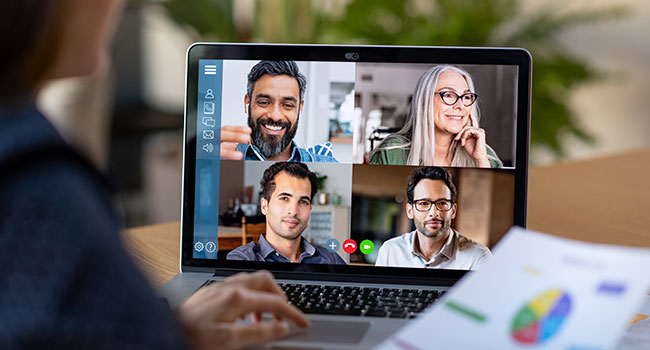
Remote Working and VPN
What's the need during COVID-19?
- By Susan Alexandra
- Jun 02, 2020
In this pandemic of coronavirus, all organizations have shifted from office work to remote work. By saying that, you must have heard about VPNs, and how they improve security and privacy. Whether you are working from home, social networking, online gaming – there are many reasons to use a VPN. Without taking a lot of your time, here are the reasons why you should go for a VPN.
A Secure VPN is Essential in this Pandemic
It has been proven that social lockdowns to combat the effects of a pandemic have a serious impact on work practices. While there are different solutions to this, the key weapon is a VPN for the office workers.
Remote work is in many ways a security risk, not least in providing new avenues for the attack to cybercriminals. For instance, hackers may intercept unencrypted connections. Passwords can be stolen, sniffed and used, and personal data can be stolen.
You will operate with trust with a link to your employer 's network, protected by a VPN. Unable to detect authenticated connections. Your password stays secure.
Ideally, your employer will have a VPN. If no provision has been made regarding VPN, contact your IT colleagues. While it is likely that you would be rejected, it will be short-sighted.
Freelancer or Automated Helper? There could be a shared platform that you are using. May store your valuable files in the cloud. Or maybe you're worried about VOIP call protection.
Home VPNs are Cheaper than Commuting
Staying at home and using a VPN to connect to your corporate network is incredibly cheaper than commuting. Whether it is a health emergency or some other excuse for extensive work at home doesn't matter.
But if you find the prices of power and VPN access, it's cheaper even. If your IT departments configured a VPN service directly to your workplace from your computer, even better!
You 're waking up, burning your hand on the cafetière, falling into your car with your tie on wrong, or still having to do your makeup. Nothing goes well. And then you realize that you are short on gas, meaning a stop on the way to the office. Then you get caught up in the flow, which makes you late. And you have forgotten to sort out the tie/makeup.
It is terrible. Really, if you can avoid this way of living, you should.
If working from home is an option, you can use a VPN to keep your data secure and private. Your current work projects are protected by VPN encryption against hackers. All a month, for a few dollars.
Productivity is Increased with VPN Privacy Software
Whether you are working from home, completing a project at a table in your favorite café – having a VPN is essential. The water cooler is being swapped for a cat and a coffee machine. If you have the determination and discipline to work rather than play, a marked increase in productivity should be felt.
Is this really so simple? Well, some effort is needed to get into the zone. Nevertheless, one thing you don't want is to think about your connection's protection and privacy. This kind of distraction will only decrease your productivity, not increase. Enabling your VPN client can be of immense help.
Remote Access your Work PC with a Secure VPN
When you read this, you probably wonder "how do I connect to my work PC? "That is pretty easy. You can create a remote link to your work desktop using the remote access program.
Several options are available here, from SSH to VNC, and RDP (Remote Desktop Protocol), the most popular.
Everything you need to do is ensure that your work machine is switched on, which a friend will do for you. If VPN access is permitted and enabled by the IT policy of your organization, you should be able to link. Here again, a private work-arranged VPN is required.
A VPN Protects You on Public Wi-Fi
One of the biggest things about working as a freelancer is that you can work wherever you want. Cafes are famous but transportation hubs, shopping malls or other places with free Wi-Fi may be preferred.
If you don't have Wi-Fi at home, the only opportunity you have to get online for remote work could be free wireless internet.
Public Wi-Fi Network: Is it Safe?
Over the years, various threats have been uncovered that dwell in free Wi-Fi hotspots. Wi-Fi sniffer apps can detect and capture unencrypted data mounted on tablets, laptops, and smartphones. Fake wireless networks posing as an original record of all you do while you are connected.
You probably don't want to lose your username and password to a stranger who was sitting close by.
But in fact, it doesn't matter if there's free or paid Wi-Fi. If it's not yours and you have no leverage over it, you shouldn't log in without a VPN. Simply log in to a VPN, and install the software to secure your data on your desktop, tablet or smartphone.